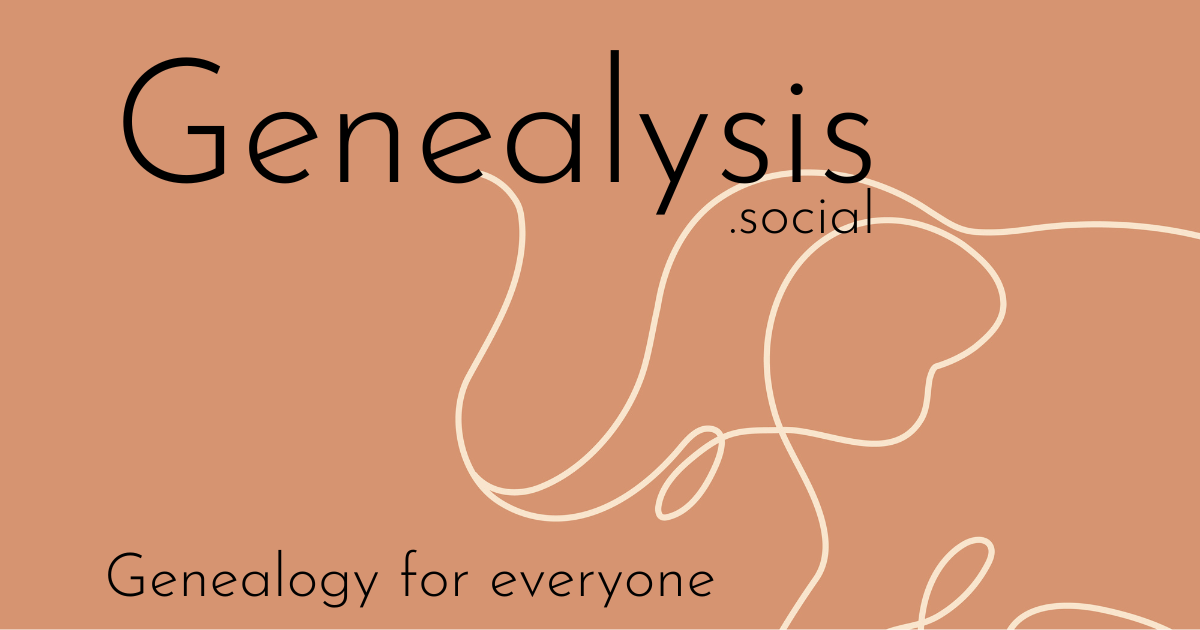Recent searches
Search options
ISOGG @isogg@genealysis.social
“Overall, the original ‘malaria hypothesis’ of Haldane that diseases such as thalassemia are polymorphisms with an advantage to heterozygotes in malarial environments has been proven correct.” #dna #isogg #malaria #epigenetics #population #genetics #geneadons
NaturePopulation genetics of malaria resistance in humans - HeredityThe high mortality and widespread impact of malaria have resulted in this disease being the strongest evolutionary selective force in recent human history, and genes that confer resistance to malaria provide some of the best-known case studies of strong positive selection in modern humans. I begin by reviewing JBS Haldane's initial contribution to the potential of malaria genetic resistance in humans. Further, I discuss the population genetics aspects of many of the variants, including globin, G6PD deficiency, Duffy, ovalocytosis, ABO and human leukocyte antigen variants. Many of the variants conferring resistance to malaria are ‘loss-of-function’ mutants and appear to be recent polymorphisms from the last 5000–10 000 years or less. I discuss estimation of selection coefficients from case–control data and make predictions about the change for S, C and G6PD-deficiency variants. In addition, I consider the predicted joint changes when the two β-globin alleles S and C are both variable in the same population and when there is a variation for α-thalassemia and S, two unlinked, but epistatic variants. As more becomes known about genes conferring genetic resistance to malaria in humans, population genetics approaches can contribute both to investigating past selection and predicting the consequences in future generations for these variants.

